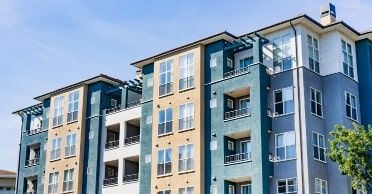A effective strategy for managing resources in multi-dwelling buildings is the implementation of smart meters. Intelligent measurement devices offer immediate data on energy and H2O consumption. This information allows property managers to identify trends and patterns in utility use. For instance, if a specific apartment consumes considerably more water than its neighbors, the manager can investigate potential drips or encourage the tenant to embrace more water-efficient practices. By tackling these concerns quickly, administrators can reduce waste and lower utility costs for all residents.

Another important element of cloud utility management is the adoption of energy-efficient solutions. Many multi-unit units can benefit from energy-efficient illumination, heating systems, and air conditioning units. These technologies not just reduce power consumption but also lower service bills. Building administrators can use digital systems to monitor the efficiency of these solutions and implement adjustments as required. For instance, if a heating system unit is not operating efficiently, the manager can arrange repairs or upgrades to ensure maximum efficiency.
In addition to intelligent meters and eco-friendly solutions, cloud utility management can enhance interaction between property managers and residents. A digital system can provide residents with visibility to their utility usage information, allowing them to track their usage. This transparency encourages tenants to be increasingly mindful of their utility use. Additionally, building managers can distribute alerts about maintenance schedules, eco-friendly tips, or community activities through the system. Enhanced communication cultivates a feeling of community and motivates residents to participate in utility-saving initiatives.
Ultimately, implementing cloud resource management strategies can lead to a more sustainable living environment. Through enhancing utility consumption, multi-unit units can considerably reduce their carbon impact. This is crucial not only for the residents but also for the planet. As more people become aware of environmental issues, they are likely to appreciate residing in a building that focuses on eco-friendliness. Building administrators who implement these strategies can attract environmentally conscious tenants, enhancing the building's reputation and possibly boosting its worth. In conclusion, efficient digital utility administration is crucial for establishing effective, pleasant, and sustainable living spaces like this in multi-dwelling buildings.